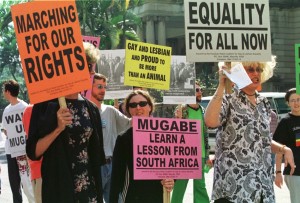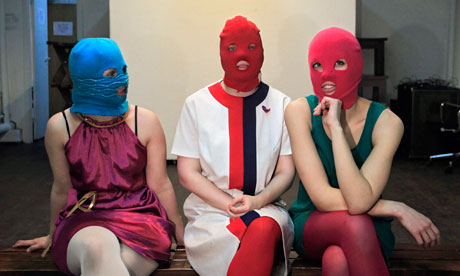By Ali Al-Bassam
Impunity Watch Reporter, Middle East
GAZA STRIP — In a comprehensive report published on Monday, the United Nations determined that the Gaza Strip will not be livable by the year 2020, unless measures are taken to improve the region’s water supply, power, health, and schooling.

According to the report, Gazans must double their current supply of electricity, and must provide at least 440 more schools, 800 more hospital beds, and more than 1,000 doctors if the region is to remain habitable. The report also said that the region is suffering from a housing shortage, finding that tens of thousands of housing units must be constructed soon.
On Monday, U.N. Humanitarian Coordinater Maxwell Gaylard said in a press release that, “[A]ction needs to be taken now if Gaza is to be a livable place in 2020 and it is already difficult now.” The U.N. expects the population to grow steadily from its current number of 1.6 million to 2.1 million by the year 2020.
Gaza has been under the control of Hamas, the armed political movement that refuses to accept peace with Israel, since 2007. Despite international pressure, Israel refuses to lift its blockade on goods coming into the region out of fear that Hamas would be able to acquire weapons.
Because the Gaza Strip lacks both an airport and a seaport, it relies heavily on outside funding and illegal smuggling from Egypt through underground tunnels. The U.N.’s report says that such circumstances makes Gaza’s economy “fundamentally unviable,” also saying that Gazans are worse off than they were in the 1990’s despite the minor economic growth that the region has felt in recent years.
With 80 percent of Gazans dependent on charity, Gaylard has called on international donors to increase their aid. “Despite their best efforts the Palestinians in Gaza still need help,” he said. “They are under blockade. They are under occupation and they need our help both politically and practically on the ground.” Jean Gough of UNICEF believes that a lack of clean drinking water is the region’s greatest concern. The report states that the water needs of Gazans has increased by 60 percent, and that urgent action is necessary to protect their current water source, a single aquifer that is estimated to become unusable by 2016. The report also says that more desalination plants will be needed in the near future.
Gaylard believes that peace and security is necessary to improve the lives of Gazans. “It will certainly have to mean the end of blockade, the end of isolation and the end of conflict.”
For further information, please see:
Al Jazeera — UN Warns Gaza ‘Will not be Liveable by 2020’ — 27 August 2012
BBC News — Gaza ‘Will not be Liveable by 2020’ – UN Report — 27 August 2012
Business Insider — UN: Gaza Won’t be ‘Liveable’ by 2020 Unless Urgent Action is Taken — 27 August 2012
Haaretz — UN Report: Gaza Won’t be ‘Liveable’ by 2020 if Urgent Action not Taken — 27 August 2012
The Jerusalem Post — ‘Gaza Will not be ‘Liveable’ by 2020 Without Action’ — 27 August 2012



